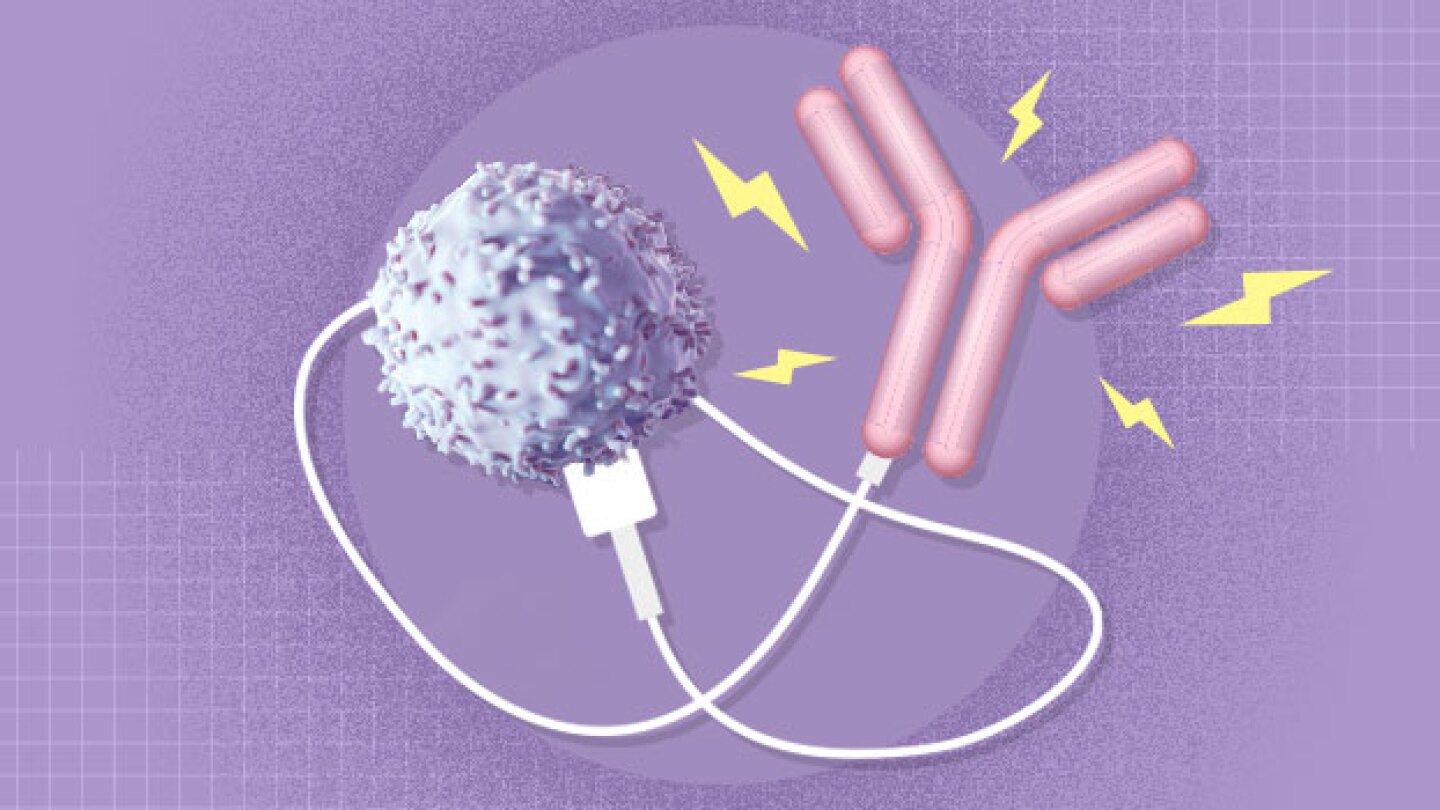Cancer
Abecma made $406 million in 2024, of which BMS paid $43 million to 2seventy bio as part of their profit-sharing agreement.
The FDA’s Oncologic Drugs Advisory Committee recently voted to narrow the label for checkpoint inhibitors Keytruda and Opdivo in stomach and esophageal cancers based on PD-L1 expression levels—but the high unmet need in these patient populations should also be considered.
On the agenda for the FDA this month are two RNA-based treatments for rare diseases.
Imfinzi is one of AstraZeneca’s key growth drivers for 2025, with potential approvals in stomach and bladder cancers. The PD-L1 blocker brought in over $4.7 billion in sales last year.
The new formulation of Keytruda, currently under FDA review, is sparking conflict with Halozyme, which makes enzymes that convert intravenous drugs into injectable versions.
At the heart of the deal is the drug candidate dordaviprone, which is months away from a regulatory verdict for its use in H3 K27M-mutated diffuse glioma.
Pfizer reacts to Donald Trump’s tariff threats on big pharma, another regulatory meeting is canceled under RFK Jr., AbbVie and Eli Lilly strike mid-sized deals in obesity and molecular glues, priority review vouchers set to take a hit and immuno-oncology matures.
Merck’s Keytruda holds on to the top spot while AbbVie’s Humira—once the world’s top-selling drug—continues to cede its market share to biosimilar competitors.
The approval for the first-line treatment of esophageal squamous cell carcinoma comes shortly after a label expansion for the drug in gastric and gastroesophageal cancers as BeiGene also pushes forward a pipeline of novel cancer therapies.
The partners are pushing to expand Enhertu’s list of indications beyond its standing uses in breast, lung and gastric cancers.
PRESS RELEASES










